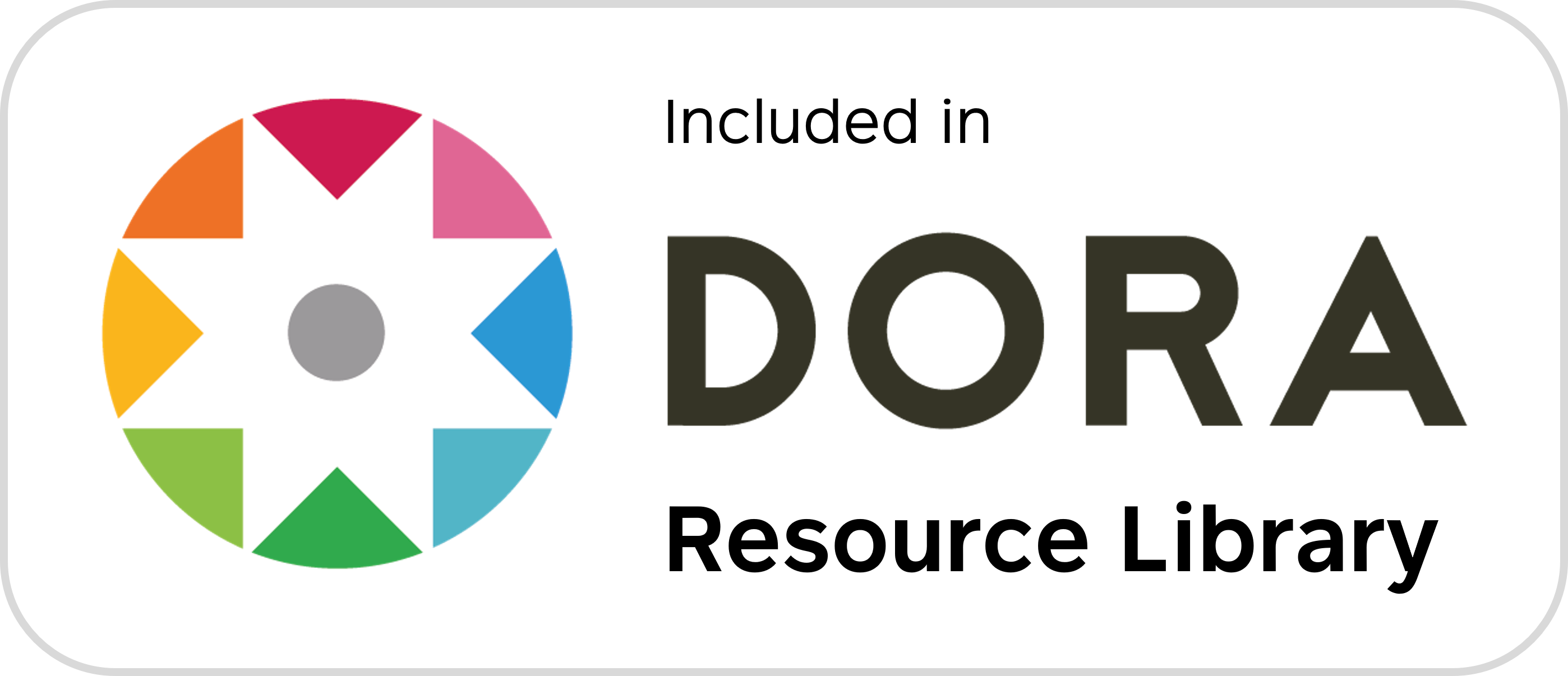Plagiarism
Plagiarism Policy
Advances in Public Law and Crime (PLICE) adheres to strict standards to maintain the integrity of published research. The following guidelines outline our policy regarding plagiarism and authorship:
1. Definition of Plagiarism
Plagiarism is defined as the use of another's work, ideas, or expressions without proper attribution. This includes, but is not limited to, direct copying, paraphrasing without citation, and using another author’s concepts or findings without appropriate acknowledgment.
2. Plagiarism Detection
- All submitted manuscripts will undergo a plagiarism check using Turnitin. A threshold of 10% similarity is established for originality.
- Manuscripts exceeding this threshold will be subject to further scrutiny and may be rejected.
3. Use of AI in Manuscripts
- If evidence of significant reliance on artificial intelligence (AI) tools for content generation is detected, the manuscript will be rejected.
- Authors are encouraged to ensure that their submissions are original and reflective of their own research and writing efforts.
4. Referencing Requirements
- Authors are required to use Mendeley Desktop for reference management. This facilitates accurate citations and references throughout the manuscript.
- References must be drawn from reputable sources, primarily from journals indexed in Scopus. For references sourced from Indonesian publications, a minimum of two references from Sinta-indexed journals is mandatory.
5. Consequences of Plagiarism
- Manuscripts found to contain plagiarism will be rejected outright.
- Authors may face restrictions on future submissions to the journal if plagiarism is identified.
6. Commitment to Integrity
PLICE is committed to upholding the highest ethical standards in academic publishing. We encourage authors to familiarize themselves with plagiarism policies and to adhere strictly to ethical writing practices.























